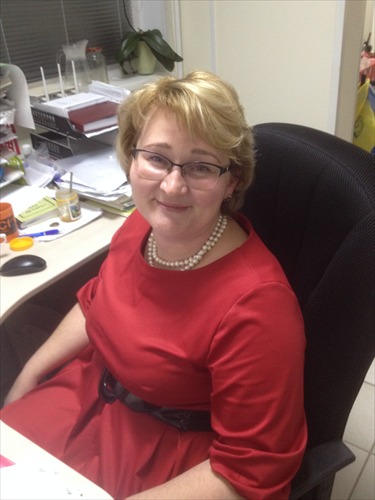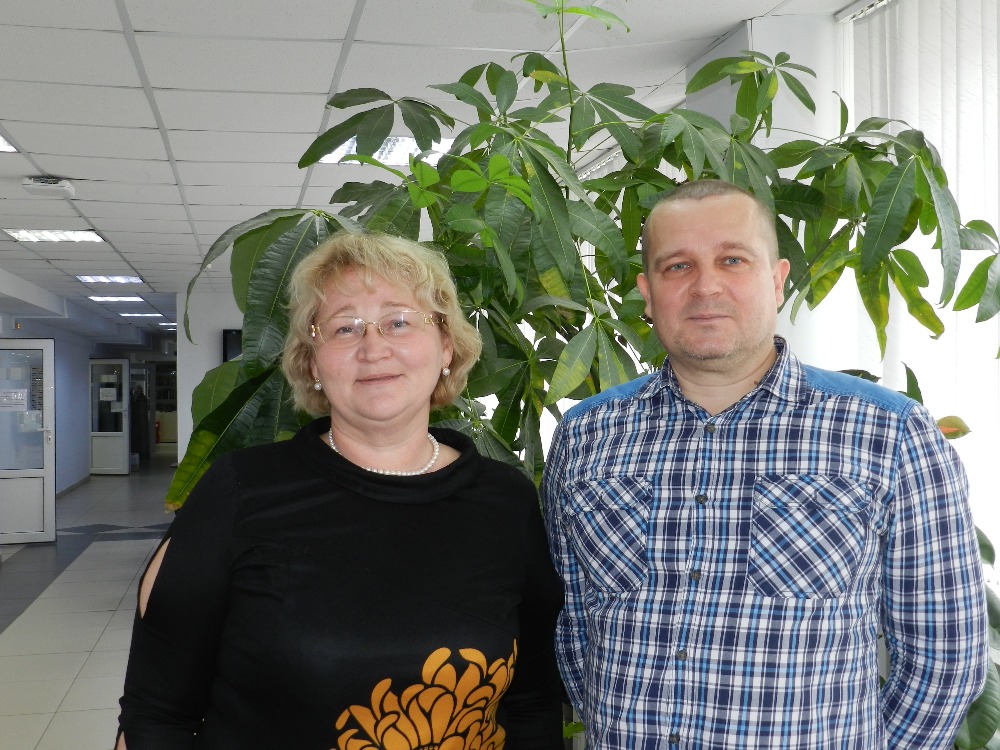A research group of the TSU Laboratory of Catalytic Research, the TSU Laboratory of New Materials, and the Institute of Nanostructured Materials Research of the National Research Council of Italy (ISMN-CNR, Palermo) won a grant for Russian-Italian research projects. TSU and Italian scientists will create catalysts to deactivate nitrous oxides that cause acid rain.

84 projects had applied for a grant, and 12 projects in the following 7 areas of competition won: aerospace research; life sciences; energetics and environment; astrophysics, physics, and applied physics; chemistry; mathematics; and Earth sciences.
"Our project on developing catalysts for cleaning gaseous exhaust of diesel engines from nitrogen oxides won in a very tough competition in the category Life Sciences," said Olga Vodyankina, head of the Department of Physical and Colloidal Chemistry of the TSU Faculty of Chemistry.
The scientists will conduct fundamental and applied research to create highly effective bimetallic catalysts that will deoxidize nitrous oxides into molecular nitrogen. This can treat nitrous oxides and save major cities from acid rains.
"Treatment of nitrous oxides is a relevant problem. Major cities around the world monitor nitrous oxides level daily, and in France, several times a day. The increase in diesel-operated transportation demands new solutions for highly effective materials," explained Olga Vodyankina.
Following one of the rules of the competition, the team implementing the project will consist mainly of young scientists - students, postgraduates, and candidates of sciences of the TSU Faculty of Chemistry. The collaboration plan includes works conducted with unique equipment from the Institute of Nanostructured Materials Research as well as with equipment for determining catalytic properties from the TSU Laboratory of Catalytic Research. The laboratories have also agreed to exchange staff and conduct joint seminars and conferences.
Research in heterogeneous catalysis began in Tomsk in the middle of the 20th century. In the last 10 years, the laboratory moved to a new level of fundamental research and applied research and development works under contracts with both Russian and international companies.
In the last 5 years, the laboratory has published more than 45 articles, cited in international databases Scopus and Web of Science, including 28 articles in Q1 journals, 2 articles in Applied Catalysis B: Environmental (top 2 %, Impact-factor 19.503).
Currently, the team is successfully conducting a major project "New catalysts and catalytic processes for solving challenges of environmentally friendly and resource-saving energy, including the processing of bio-renewable raw materials and processes to neutralize emissions from chemical production and energetics," supported by the Russian Science Foundation.







